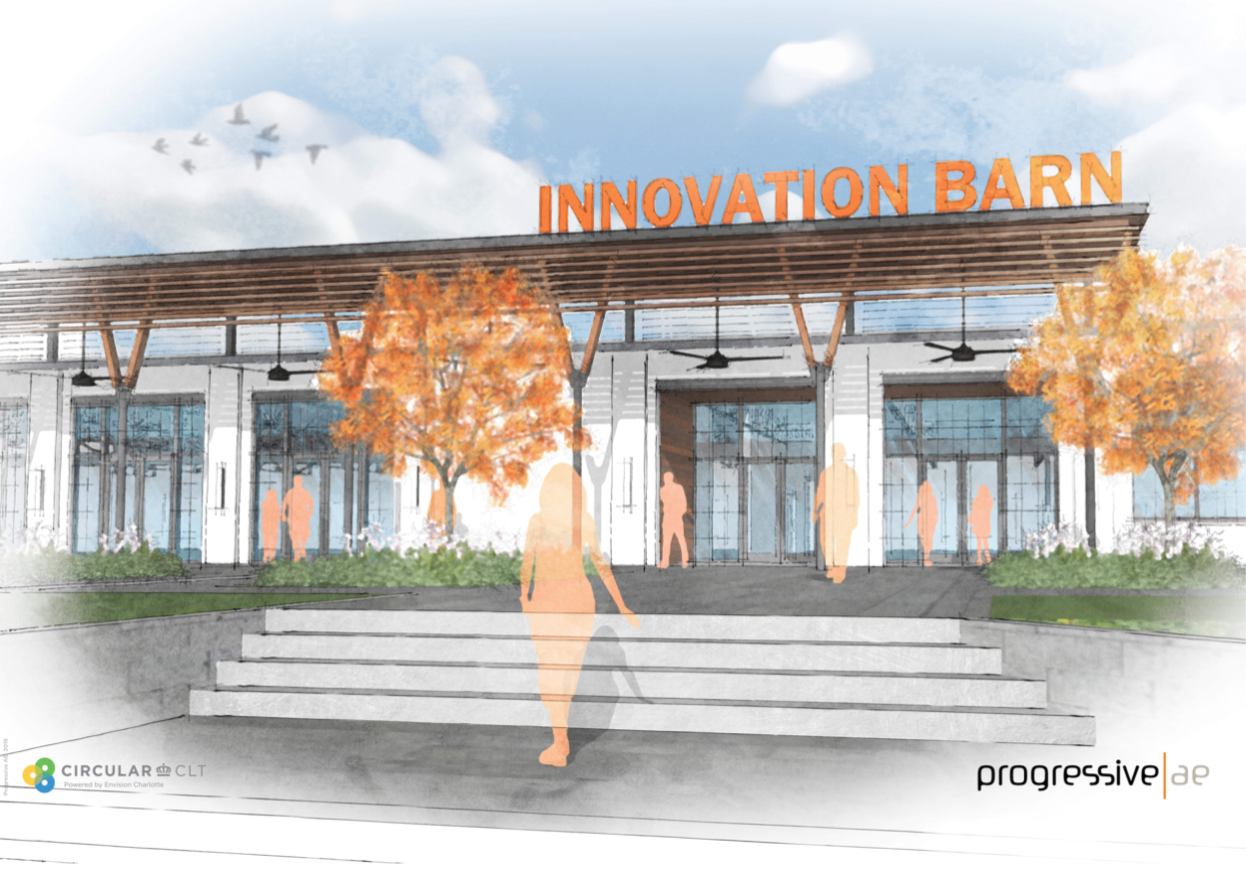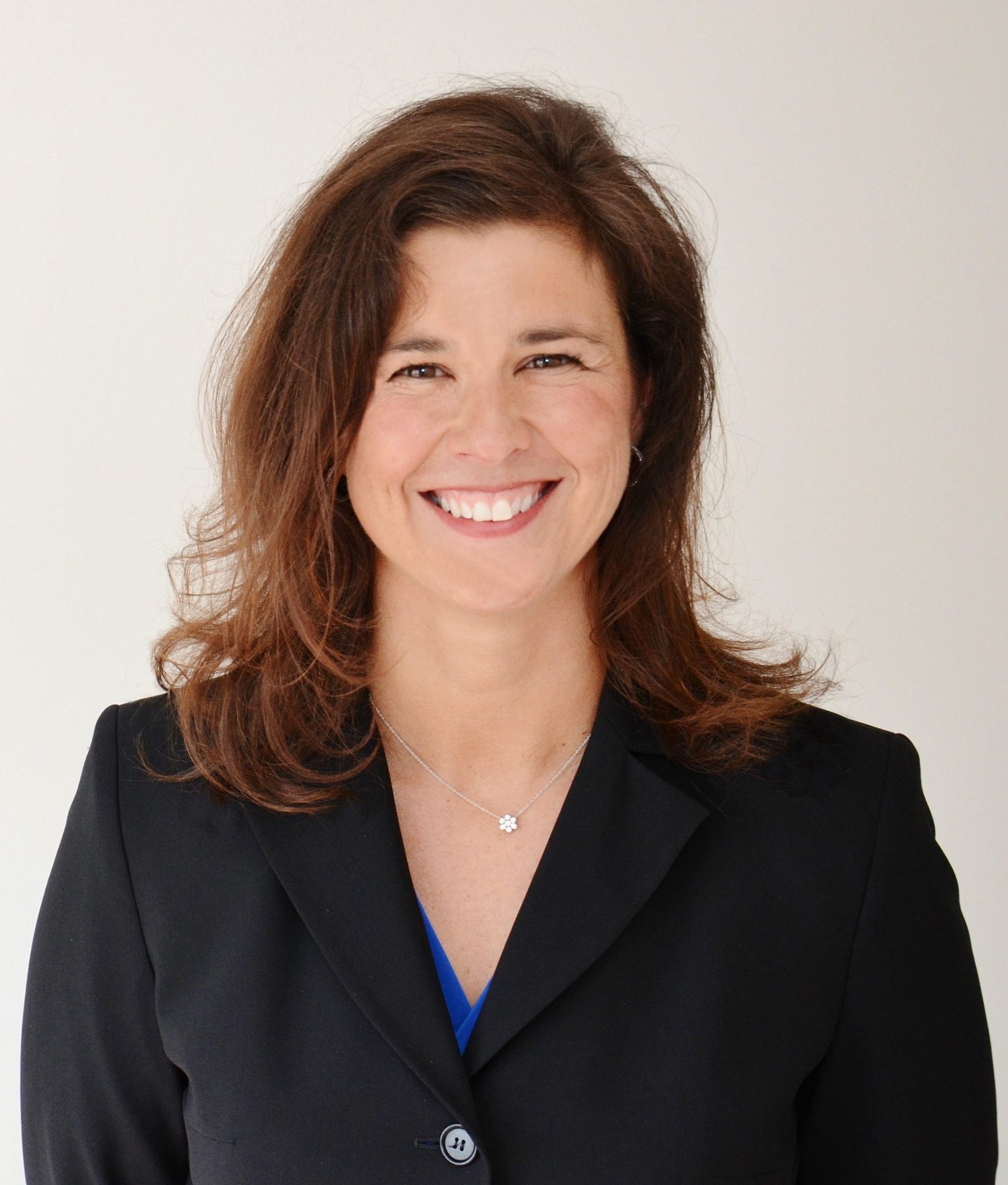
Photo: Screenshot-2019-06-07-at-15.09.26
Turning trash into cash
05 June 2019
by Adam Pitt
Adam Pitt reports on how Charlotte is embracing the circular economy
Charlotte is vying to become the first city in the US to implement a new circular economy model that has been designed to turn waste into an US$111-million business opportunity.
Launched last year under the banner of the Circular Charlotte initiative, the model is based on the findings of a report commissioned by the city council entitled Circular Charlotte: Toward a Zero Waste and Inclusive City. The report recommends that a comprehensive waste diversion strategy be developed after data showed that only 11.5 percent of materials in the waste stream were being recycled or reused.
Six months on, and the municipal government is ploughing ahead with plans to open an ‘Innovation Barn’ that it wants to turn into a gathering place for small businesses and budding entrepreneurs. Located on the site of a former horse stable in Belmont, the 3,500-square-metre renovated barn represents the first phase of Circular Charlotte, which aims to redirect waste, create new economies, and ultimately reduce the amount of public money being spent on annual waste management fees.
According to data shared with Cities Today, the cost of collecting, recycling, and disposing of solid waste currently stands at US$52.2 million, with nearly a quarter of that figure consumed by landfill fees. By comparison, the city council anticipates investing just US$2 million into the barn.

The experimental barn is being created with non-profit organisation Envision Charlotte, a team of consultants at Metabolic in the Netherlands, and architecture and design company Progressive AE. The barn will include co-working spaces for upcycling and recycling, a composting enclosure, and an aquaponic garden stocked with plants and catfish. There will also be a beer garden and a zero-waste restaurant to create touch points for the community.
“One of the things we’re trying to do through the barn is provide examples of ‘closed loop’ systems, from aquaponic gardens to hydroponic gardens,” explains Amy Aussieker, Executive Director at Envision Charlotte. “We’re also trying to get people to come here so we can educate them to think differently about the materials that are in our waste system and how they can be reused. They might not care about an aquaponic garden. They might just want to drink beer, but get here and see something new.”
With more than 30 local craft breweries in Charlotte, the inclusion of a beer garden is likely to be a popular tool in the city’s efforts to promote the circular economy. Another partner that could prove valuable in reaching a younger audience is Trips for Kids. Through its free earn-a-bike and ride programme, the charity teaches children from at-risk environments aged nine to 15 to ride, maintain and repair bikes safely. Once students graduate, they earn a free bike, lights, helmet, and lock.
“We need to change the mentality in the US,” says Aussieker. “[We are not just] talking about the circular economy like the EU or other countries, we see this as an opportunity to be a leader.”
Reducing public spending
Although he acknowledges the link between budget savings and the ability to maintain low taxes, Marcus Jones, City Manager for the City of Charlotte, says cities must stop focusing on cost-cutting alone if they wish to be successful in developing a circular economy.
“One of the big problems cities across the country are facing is the cost of municipal services that collect and transport solid waste, and the [costs associated with putting it into landfill],” he says. “Many cities are asking how they can reduce these costs, but we are saying you can take your trash and turn it into cash–it’s a very different prospect. It’s more than recycling, it’s about reuse.”
Jones, who has the full backing of his peers on the council, says access to data has been crucial in ensuring Charlotte’s quest doesn’t have to become a zero-sum trade-off between the perceived costs and benefits of investing in circular economy projects.

Data has helped Charlotte to understand the waste stream and the potential for diversion from landfill to create economic and upward mobility opportunities for jurisdictions.
“Are we starting by saying we’re going to have zero waste? Absolutely not,” he says. “That may be a vision for down the road, but right now we have to find out ways to get people involved, to get people at aware that reuse is a good thing for our environment, for job creation, and for revenue streams that can come into the city and to help to keep taxes down while promoting innovation and creativity.”
Microeconomies and regulation
Critics of the circular economy argue that more efficient use of resources could drive down the cost of manufacturing and increase demand, but Jones says the aim is to identify microeconomies and then see which materials have the most value. Only then will large-scale projects be considered.
The city has not created any specific policies to govern the circular economy, meaning that any guidance offered to other cities is likely to be limited to experiential learning–at least for now–as Aussieker explains.
“One of the interesting things about Charlotte is that if [we] pass a policy [it can] can be overridden [by the state government], so we tend to stay away from policies,” she says. “That’s why we commissioned the study to look at what Charlotte has and how we can use it to create jobs and [a return on investment].”
Nevertheless, with Charlotte’s food waste now earmarked as a resource for black soldier fly larvae to convert into poultry farm feed, and demolished concrete and glass powder set to be reused in new concrete, the city’s learnings may still prove valuable enough for other cities to consider investing.
And, while Charlotte is currently committed to making better use of its waste, Circular Charlotte includes provisions for initiatives aimed at creating closed-loop systems in energy, air, and water.
“[Microeconomies are] absolutely [the focus, and] if we are [building a circular economy] here in Charlotte, we will attract different innovative and creative people who will come here and help us solve the [sustainability] problems,” says Jones. “Other cities may also come to us for guidance about zero-waste and say: ‘I have an issue with my recycling because China is no longer taking my waste–what is Charlotte doing that’s different, that I can bring it back to my city and apply it?'”






